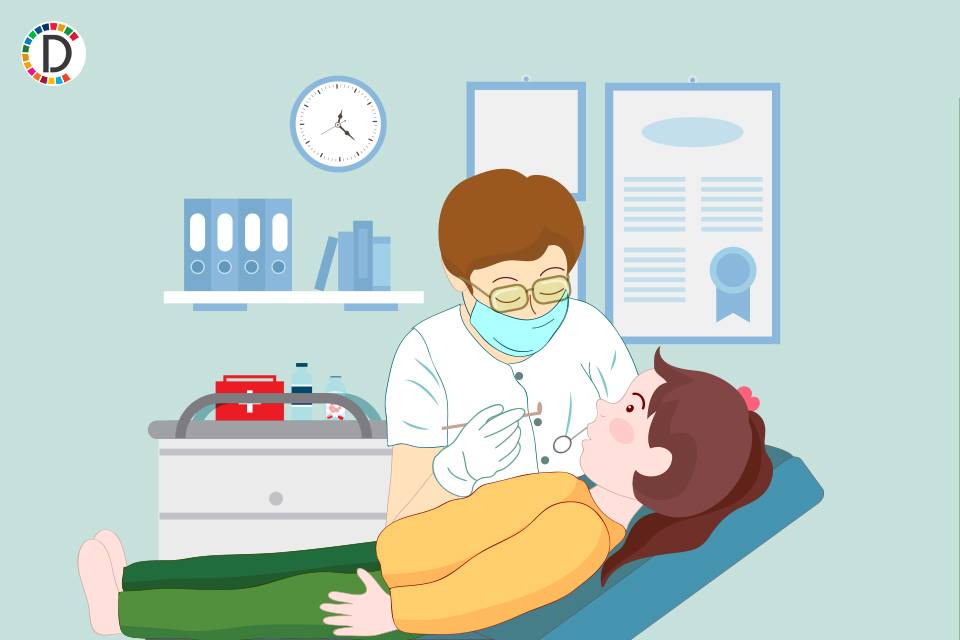EXPLAINER-What Democrats and Republicans want in the next coronavirus relief package
Republicans and Democrats in Congress aim to pass a fourth coronavirus aid package before the end of the month, but they will have to overcome significant differences. The Democratic-controlled House of Representatives passed a $3.4 trillion virus relief bill in May. Republicans who control the Senate are expected to unveil a package later this week that will cost closer to $1 trillion, Senate Republican Leader Mitch McConnell said on Tuesday.

- Country:
- Ghana
Republicans and Democrats in Congress aim to pass a fourth coronavirus aid package before the end of the month, but they will have to overcome significant differences.
The Democratic-controlled House of Representatives passed a $3.4 trillion virus relief bill in May. Republicans who control the Senate are expected to unveil a package later this week that will cost closer to $1 trillion, Senate Republican Leader Mitch McConnell said on Tuesday. Republican President Donald Trump's administration has weighed in with its own ideas as well. As negotiations begin, here is where policymakers might find common ground - and where they disagree.
WHAT DO THEY AGREE ON? - Direct payments to Americans. Congress in March authorized direct payments of up to $2,400 per family. The House bill would authorize another round of payments of up to $6,000 per household. Republicans also support another round of direct payments.
- Aid for schools. Both sides have backed roughly $100 billion in support for schools and universities, many of which had to implement distance learning this spring and are being pressured by Trump to resume in-person learning this fall. One key difference: Republicans want to earmark half that money for schools that are trying to teach classes in person, according to Republican Senator Roy Blunt. - Health spending. Republicans and Democrats also back increased money for testing and other measures to contain the virus, as well as funds for hospitals and healthcare providers that treat those sickened by it. The Trump administration initially opposed money for testing but now supports it as well.
- Small business. Both sides want to bolster the Paycheck Protection Program, which provides grants and loans to small businesses that have been hurt by the virus. WHAT TO THEY DISAGREE ON?
- Liability protections. Republicans want to shield businesses and other organizations from personal injury lawsuits related to the virus. Democrats oppose these protections. According to the American Association for Justice, which represents trial lawyers, personal-injury cases account for 161 of the 3,400 COVID-related lawsuits filed so far. - A payroll tax cut. Trump has pushed for a cut to the 7.65% payroll tax, which funds Social Security and Medicare. Lawmakers from both parties have shown little interest.
- Other funding. Democrats included funding for the U.S. Postal Service, the November elections, food assistance, transit systems, student loan relief, and a wide range of other programs. Republicans, who aim to keep the overall cost of the bill down, are unlikely to support these proposals. WHAT IS IN FLUX?
- State and local government aid. Some 1.5 million teachers, firefighters and other public-sector workers have lost their jobs as state and local governments have scrambled to close yawning budget gaps. Economists say more such layoffs are sure to come without support from Congress. The House authorized $960 billion in aid, but it's unclear whether Senate Republicans will go along. Some have said they don't want to "bail out" liberal-leaning states that spend more on government, while others say such support is now needed as the pandemic has spread to more conservative parts of the country.
- Unemployment aid. Congress has boosted unemployment benefits by $600 per month, but that benefit is due to expire at the end of July. Economists say that could slow the economic recovery and make it harder for millions of jobless Americans to pay their bills. The House bill would extend those benefits until February 2021. Republicans say the enhanced payments should be scaled back because, combined with standard unemployment aid, they provide more money to many people than they would earn on the job.
(This story has not been edited by Devdiscourse staff and is auto-generated from a syndicated feed.)
ALSO READ
Former Pakistan PM Yousuf Raza Gillani elected as Senate Chairman
Science News Roundup: Total solar eclipse: North Americans celebrate with cheers, music and matrimony; SpaceX launches South Korea's second spy satellite amid race with North and more
Liberia senate approves war crimes court's creation
US considers easing warnings for Americans traveling to China
US House delays sending impeachment of top Biden border official to Senate










